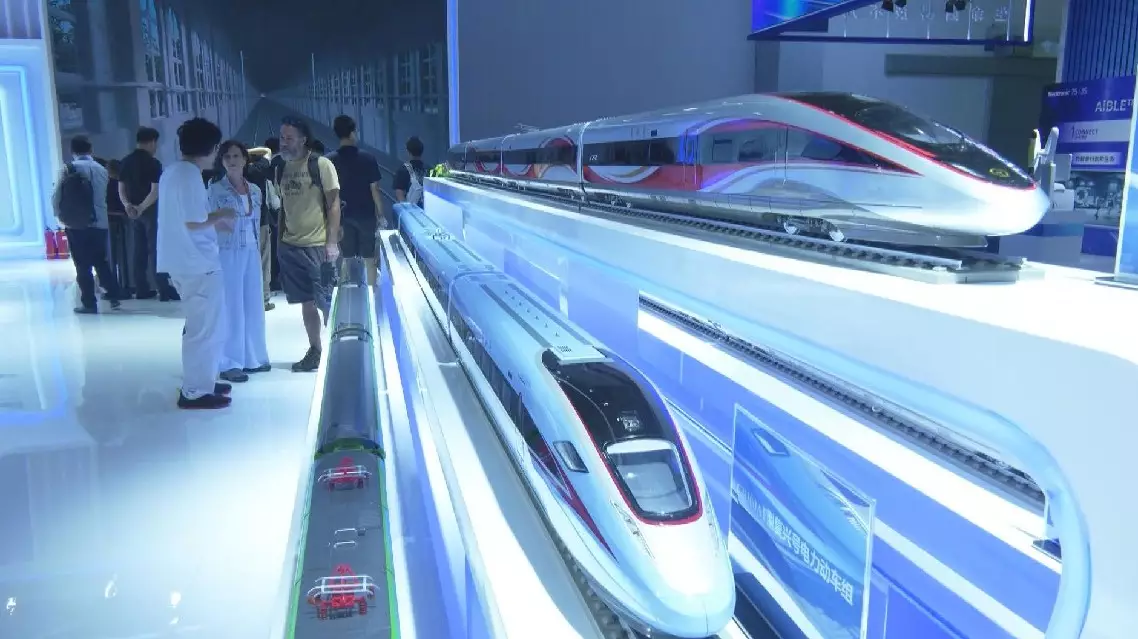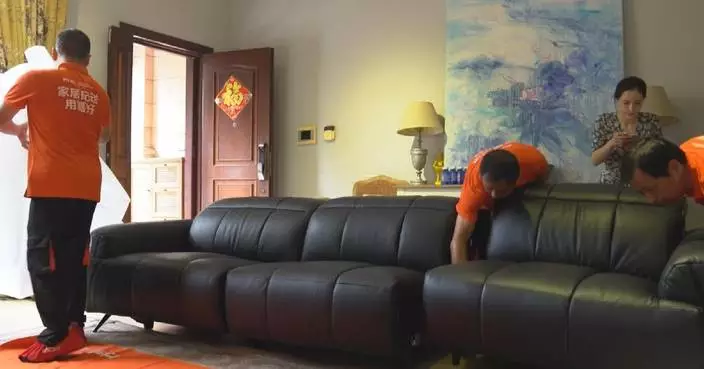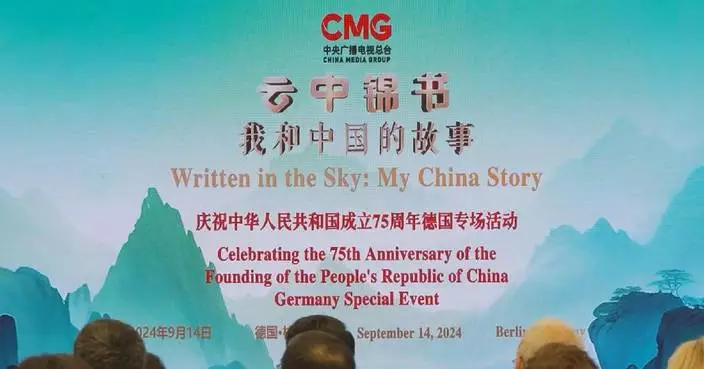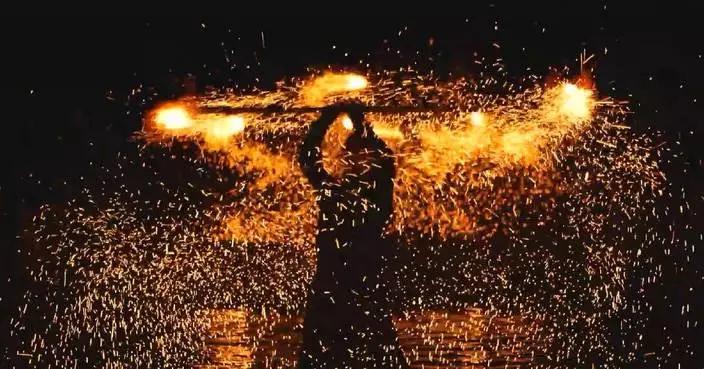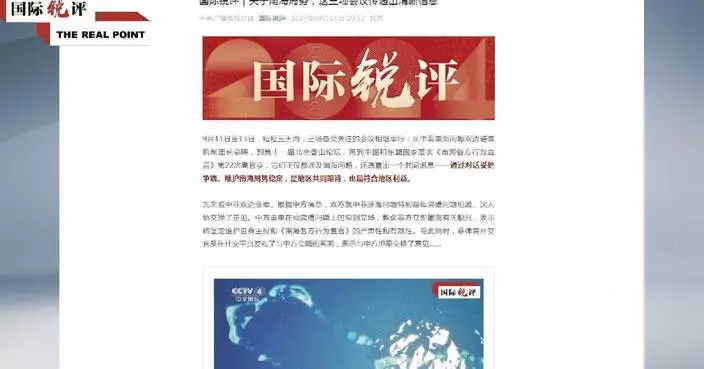China-Africa cooperation has yielded fruitful results over the past decade as Chinese President Xi Jinping has been charting the high-quality building of China-Africa community with a shared future in the new era, which is bringing lasting benefits to the people of China and Africa.
In Egypt, the construction of the Central Business District (CBD) in the country's new administrative capital, a major project under China's Belt and Road Initiative (BRI), has injected new vitality into the country's economic and social development; in South Africa, a solar thermal power station equipped with Chinese technology will soon be put into use, sending electricity to thousands of households; in southwest China's Yunnan Province, a primary school renewed with a donation from the president of Equatorial Guinea exemplifies the brotherly friendship between the two countries; in central China's Hunan, a pilot zone for in-depth China-Africa cooperation is under construction and is set to become an open cooperation platform with Africa with global influence by 2027.
The results could not have been achieved without the importance attached to China-Africa cooperation by Xi.
In 2013, during his visit to Tanzania, President Xi put forth the principle of sincerity, real results, affinity and good faith and the principle of pursuing the greater good and shared interests, and stressed that China and Africa have always been a community with a shared future, ushering in a new era for China-Africa friendship.
During the Forum on China-Africa Cooperation (FOCAC) Johannesburg summit in 2015, Xi announced the upgrading from new-type China-African strategic partnership to a comprehensive strategic cooperative partnership to conduct 10 Major China-Africa Cooperation Plans.
Three years later, during the FOCAC Beijing summit, he announced the launch of eight major initiatives in collaboration with Africa for industrial promotion, infrastructure connectivity, trade facilitation, green development, capacity building healthcare, people-to-people exchange, and peace and security, delineating the blueprint for China-Africa relations in the new era and opening an ambitious chapter in China-Africa cooperation for the new era.
In 2021, Xi's keynote speech was delivered via video link at the opening ceremony of the 8th FOCAC ministerial conference held in Senegal, where he pledged to implement the "nine programs" and upgrade China-Africa cooperation in fields including medical and health care, improvement of people's livelihood, green development, digital economy and capacity building. At the China-Africa Leaders' Dialogue held in August last year in Johannesburg, South Africa, Xi announced the launch of the Initiative on Supporting Africa's Industrialization, the Plan for China Supporting Africa’s Agricultural Modernization, and the Plan for China-Africa Cooperation on Talent Development, adding new dimensions to the building of a China-Africa community with a shared future.
"I think this is an important support and a concrete step of resolving the matters discussed at the Forum on China-Africa Cooperation. Chinese President Xi Jinping will not let the matters discussed and decided at the forum just stay at the meeting or in the document. He is willing to make the matters discussed and decided at this forum to become a reality. The Forum on China-Africa Cooperation has brought China and the African continent closer," said Angolan President Joao Lourenco earlier this year.
"Africa and China have a long history of cooperation, which is based on the social realities of both Africa and China and mutual respect for sovereignty. We also conduct dialog following the principle of mutual benefit. This kind of cooperation is frank and sincere, full of friendship and brotherhood, which is reflected in many cooperation projects between Africa and China. That is why more and more African countries want to deepen their cooperative relations with China," said President of the Central African Republic (CAR) Faustin-Archange Touadera.
China and Africa have walked hand in hand on a path of win-win cooperation.
Since 2013, China has participated in the construction of more than 6,000 kilometers of railroads, 6,000 kilometers of highways, and more than 80 large-scale power facilities in Africa, unblocking the arteries of Africa's development; twenty-four demonstration centers for agricultural technology have been built by China in Africa, benefiting more than one million small farmers with Chinese crop varieties and advanced cultivation techniques; China is also the developing country with the largest investment in Africa, and has been Africa's largest trading partner for 15 consecutive years.
African countries have been actively participating in Belt and Road cooperation.
So far, 52 African countries and the African Union Commission have signed cooperation documents with China under the Belt and Road, and a number of major landmark projects such as the Mombasa-Nairobi Railway and the Addis Ababa-Djibouti Railway, as well as small but impactful projects such as the Juncao cultivation involving mushroom production and the Luban Workshop which provides vocational training, have taken root in Africa. The deep connection between China's initiatives and Africa's development strategy has connected the dreams and hopes of the people of China and Africa.
China has also sent medical teams to Africa since 1963, built many cultural centers to promote exchanges, and organized many event to boost people-to-people ties.
Today's world is experiencing change on a scale unseen in a century, as the "Global South", represented by China and Africa, has flourished and profoundly influenced the course of world history.
This year's summit under the theme "Joining Hands to Advance Modernization and Build a High-Level China-Africa Community with a Shared Future," is another grand reunion of the China-Africa big family where leaders of African countries and global organizations join hands with China to outline future cooperation and promote world modernization.
"The importance of the FOCAC is that it is a sort of a mechanism that governs relations between China and Africa in order to make it more useful, more interactive. And we are, as I said earlier, that through the FOCAC and the mechanisms we have, we are advancing this cooperations from time to time. And China has been also advancing this cooperation through new initiatives such as the Belt and Road Initiative, the Global Development Initiative (GDI), the Global Civilization Initiative (GCI), and the Global Security Initiative (GSI). The civilizations and ability are beneficial to us," said Rahamtalla Mohamed Osman Elnor, the Africa Union's permanent representative to China.
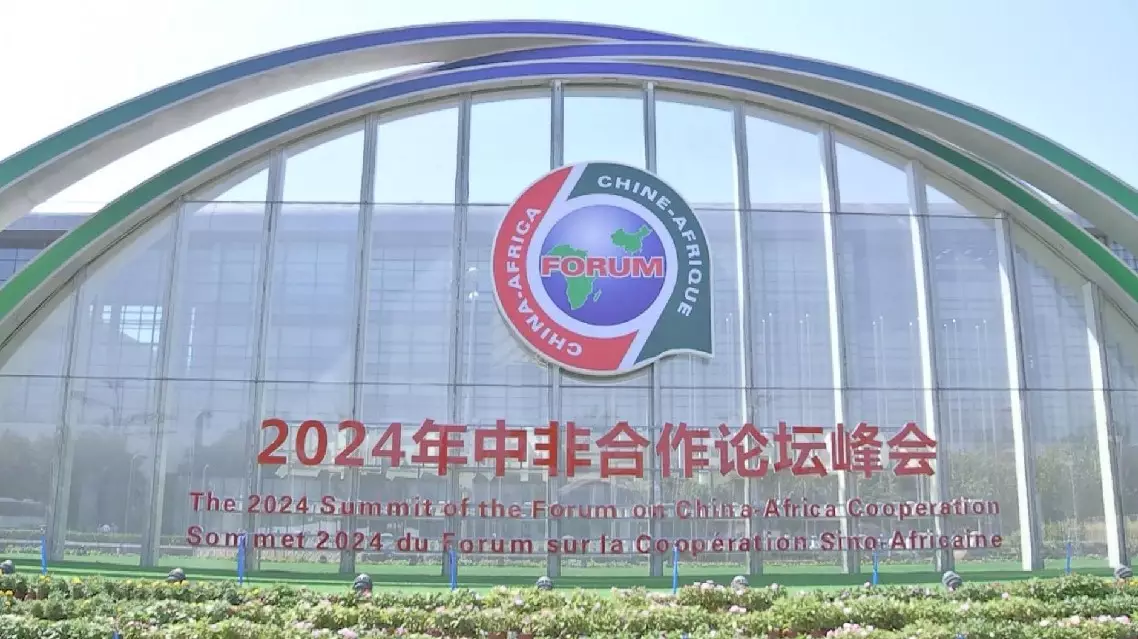
Xi-proposed initiatives paving way toward better future for China-Africa cooperation


